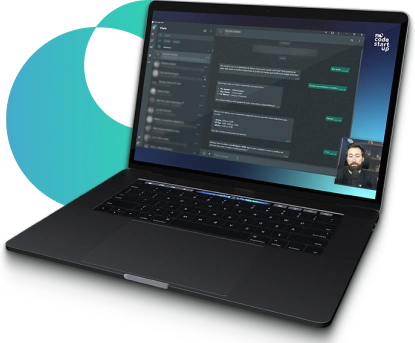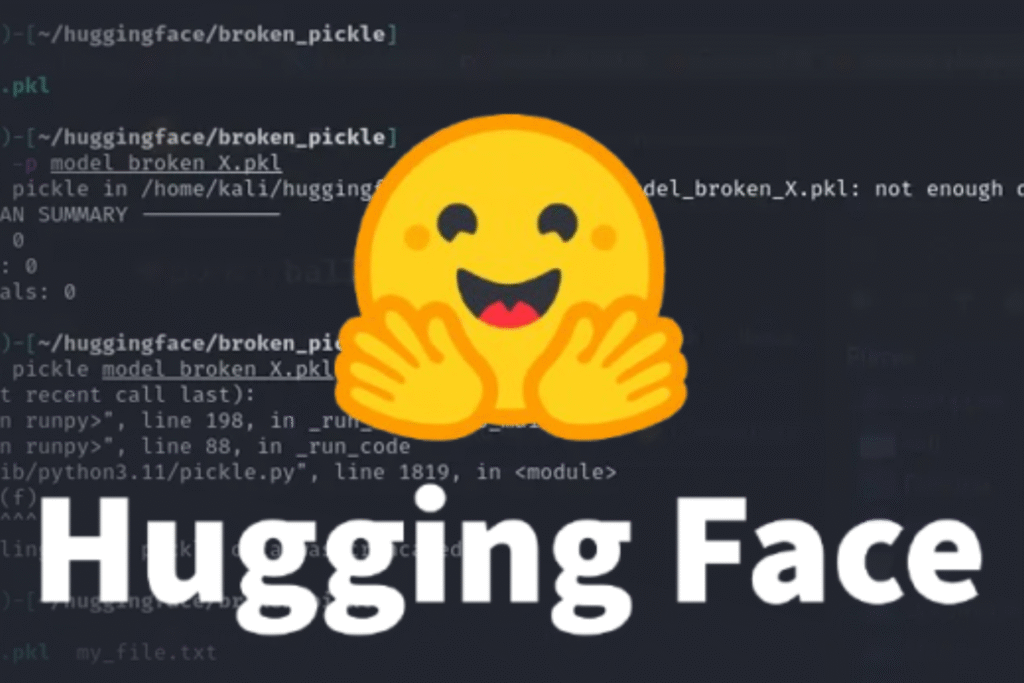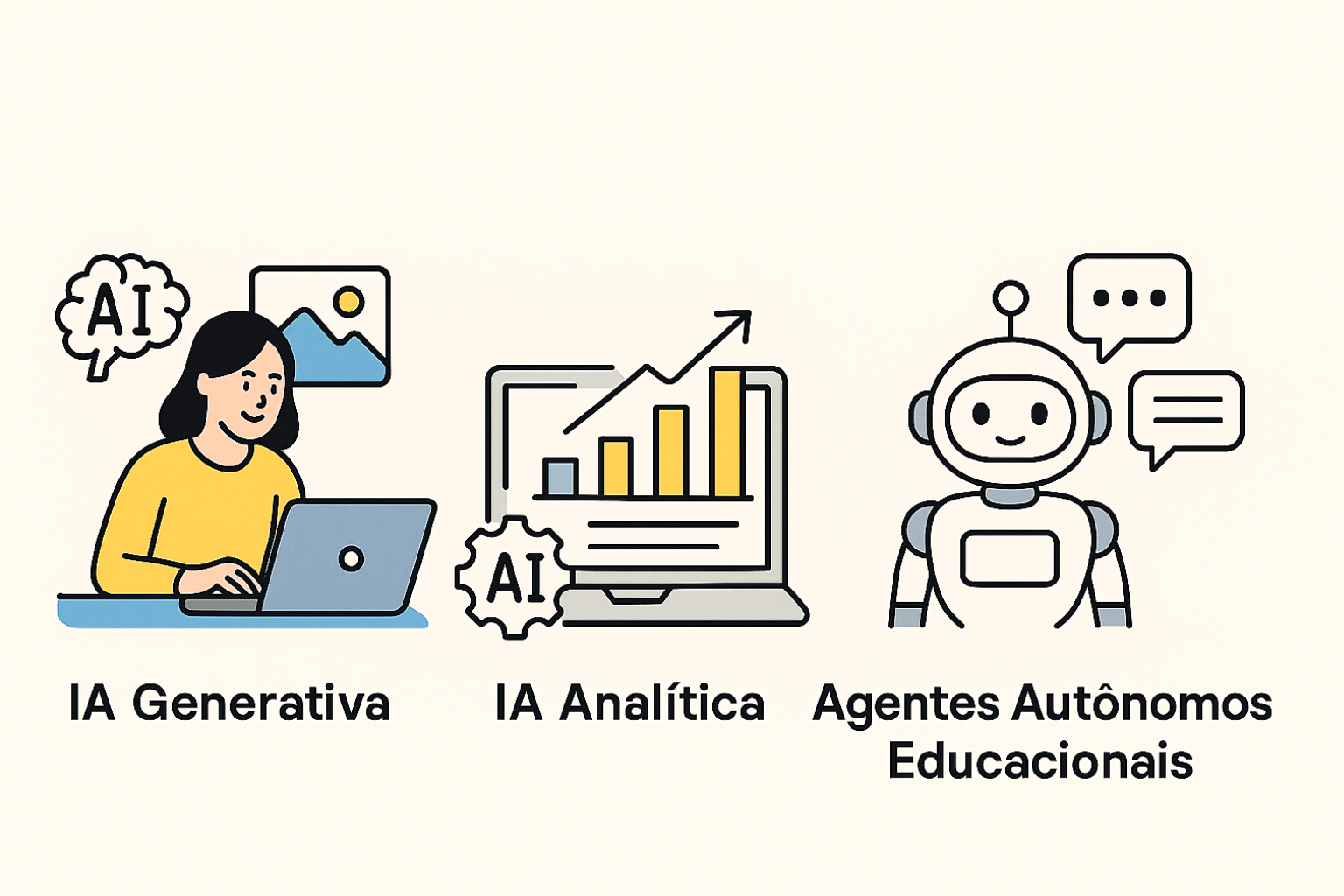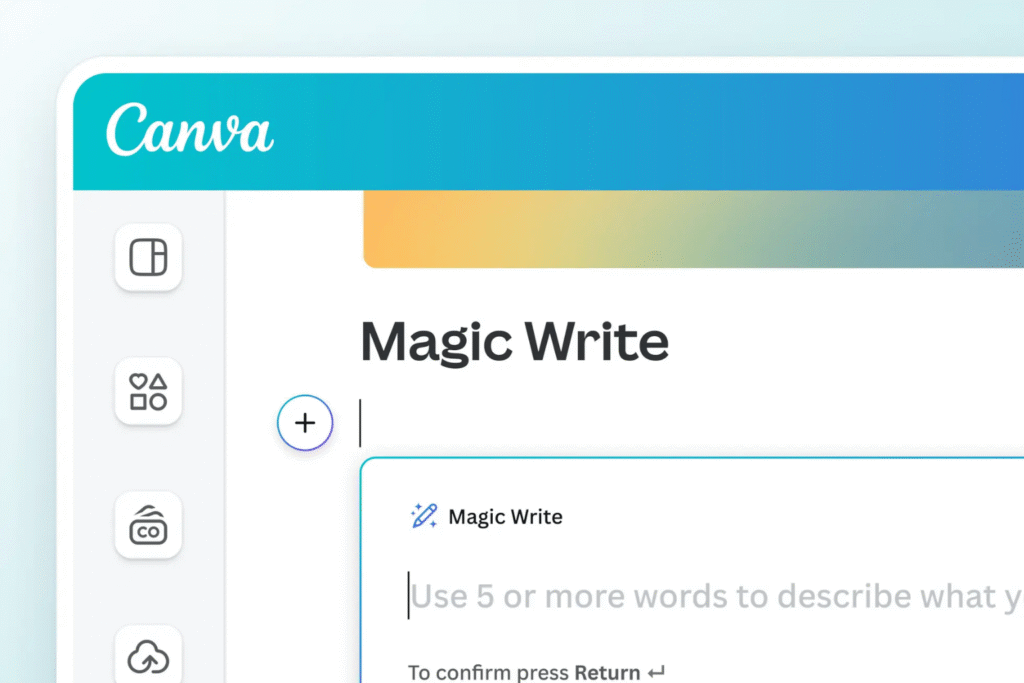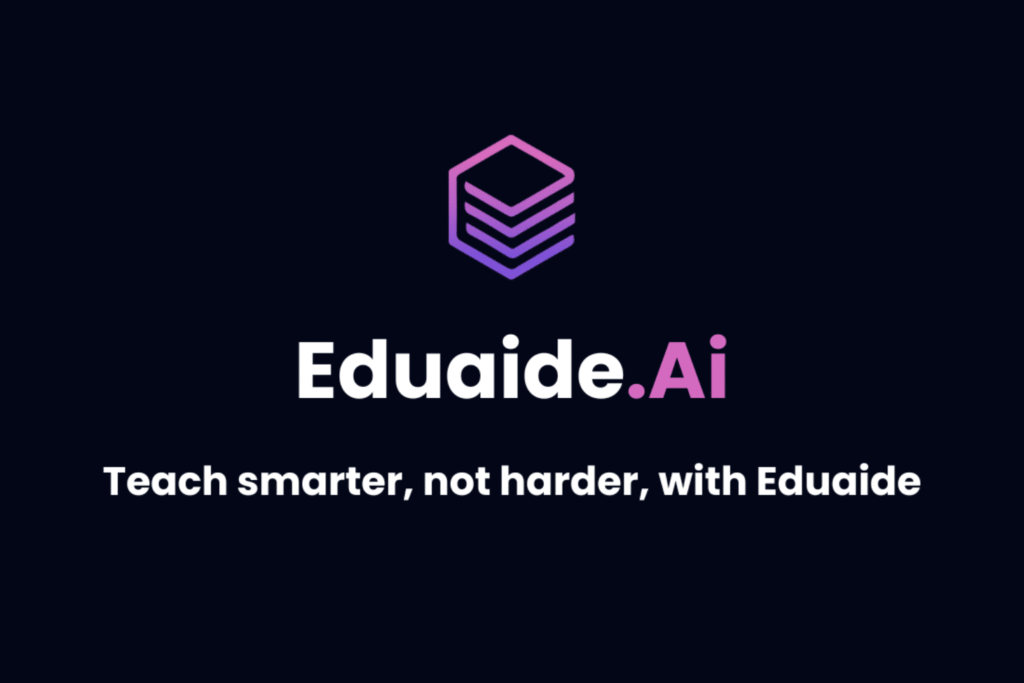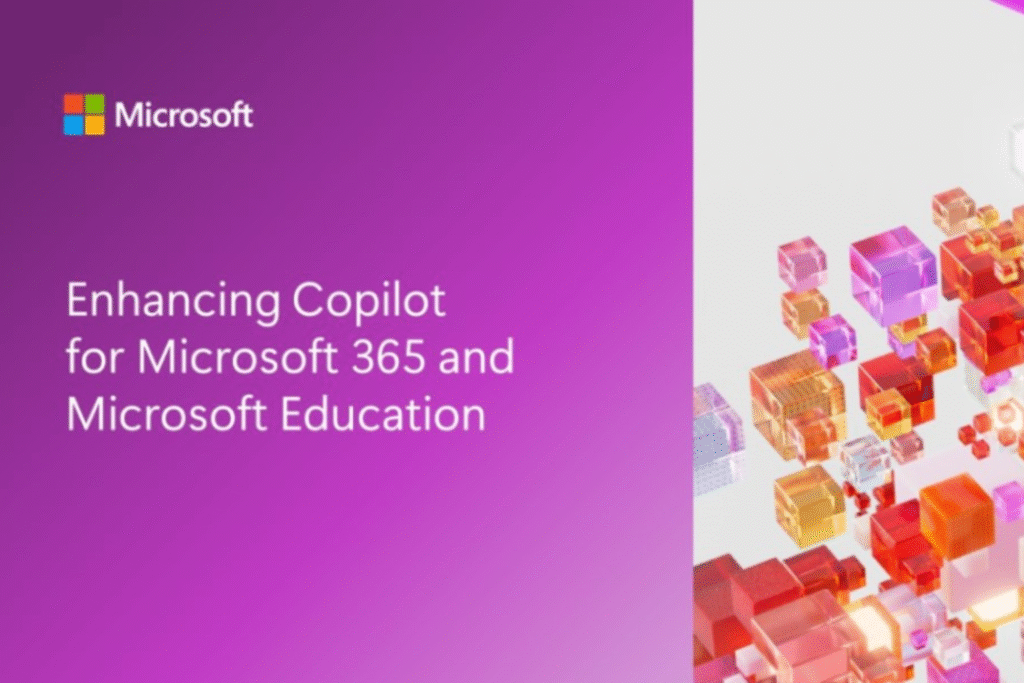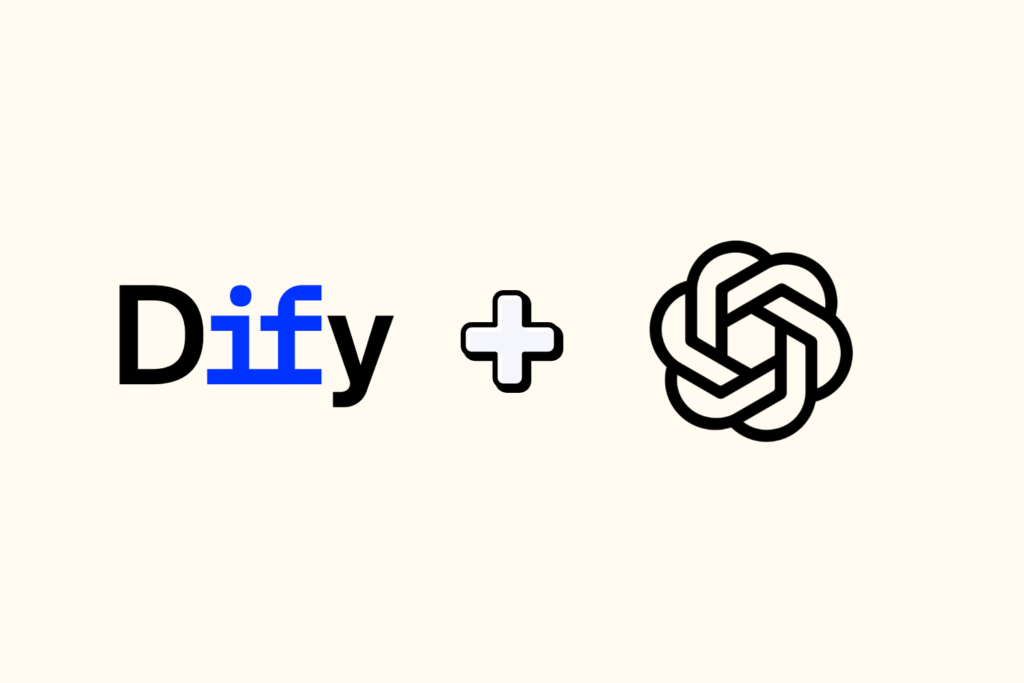Estimated reading time: 8 minutes
Good part of Brazilians who have smartphones use the Android operating system.
Popularity presents an attractive scenario for application developers, who can reach the target audience easily, and also to consumers, who have access to a variety of devices.
For those interested in programming, a career as an Android app developer can be very promising and open many doors.
Want to know more about how these products are created and the opportunities to enter the job market in this area? This content is for you!
Next, we'll talk about the essential skills to work in this field, the main programming languages used and, of course, how much an Android developer can earn.
Keep reading to learn more about the subject!
Table of Contents
What does an Android developer do?

The Android developer is a professional whose main duties are design, develop and optimize applications for devices using the Android operating system.
But the responsibilities don't stop there. The professional is the brain behind the applications we use for almost everything, from social networks to games and productivity applications.
Therefore, the Android application developer also has the following functions:
- Translate ideas into codes;
- Create user-friendly interfaces;
- Ensure solutions work smoothly;
- Implement updates to ensure the relevance of solutions;
- Provide a pleasant experience for consumers.
Android app creators play a fundamental role in ensuring that we have access to robust and efficient solutions on our mobile devices.
What does it take to be an Android developer?
To excel as an Android developer, you need to master a variety of skills. Let's talk about the most essential ones:
Logical thinking
It is critical for any Android developer, as when bugs or programming challenges arise, it is logical thinking that helps diagnose and solve problems.
Imagine developing an app like putting together a puzzle: you need to identify and fit each piece logically to create the complete picture.
Having well-developed logical thinking is essential for creating efficient, error-free code, ensuring that your application works as expected.
Know programming
Mastering the main programming languages is another essential skill if you want to become an Android developer.
Programming is not just about writing code. It is also necessary to understand concepts such as control structures, loops, conditionals and data manipulation.
There are also good platform options that allow creating applications without using codes.
The so-called no-code tools enable both programmers and people without programming knowledge to create applications through graphical interfaces and configurations, instead of resorting to traditional computer programming.
Among the main advantages of the no-code language are:
- Greater agility to test ideas;
- Cost reduction for app development;
- Simplification of processes;
- Shorter time to launch the solution;
- Democratization of professional opportunities;
- Greater autonomy for professionals and companies.
Understanding data storage
Android apps often need to store and manage data. To do this, it is necessary to have a understanding how storage systems and databases work.
O SQLite is one of the most common options in Android applications, and developers must know how to design, create, and query their databases.
Additionally, it is important to understand how to handle other storage methods, such as caching, shared preferences, and access to web resources through APIs.
Understanding the development environment
A competent Android developer must be comfortable with the development environment, and one of the main tools for this is the Android Studio.
This is the main IDE – Integrated Development Environment – used for build, debug, and test Android apps.
Mastering the tool helps increase development efficiency, which includes understanding how to create projects, write code, debug issues, and test device emulators.
Being aware of the latest development environment updates and features is important to get the most out of this tool.
Languages most used by Android developers
Now that you understand the importance of the skills needed to become a successful Android app developer, it's time to understand the most widely used languages in the field.
Check out the main information about each of them:
Java
It has been the predominant language for Android development for a long time. It is known for its robustness, reliability and wide adoption in the development community.
If you are just starting your journey as an Android developer, learning Java is a very valid starting point.
There are a variety of learning and support resources available to make learning more accessible.
Python
Although it is not the main language for Android development, it has gained popularity thanks to the use of framework Kivy.
It is recognized for its simplicity and ease of learning, in other words, it is an excellent choice for programming beginners.
Whether you're already knowledgeable in Python or want to explore an alternative approach, Kivy can open doors to building Android apps more intuitively.
HTML5
It is a language that can also be used to create Android applications using specific tools, such as Apache Cordova.
This approach allows Leverage skills in HTML, CSS, and JavaScript to develop cross-platform applications.
If you already have knowledge of web technologies, this option could be a great option. smooth transition to Android development.
no-code Languages
With the emergence of development tools no-code, like Bubble.io, it is now possible to create Android applications no need for manual coding.
This approach makes app development accessible to a wider audience, allowing entrepreneurs and enthusiasts to turn their ideas into working solutions. without the need for knowledge of programming languages.
It's a way to democratize application development and expand creative possibilities.
As mentioned previously, it also guarantees greater agility and low costs for the apps development process.
Want to learn more about this language? Check out now free bubble course with the No-Code Start-Up.
How much does an Android developer earn?
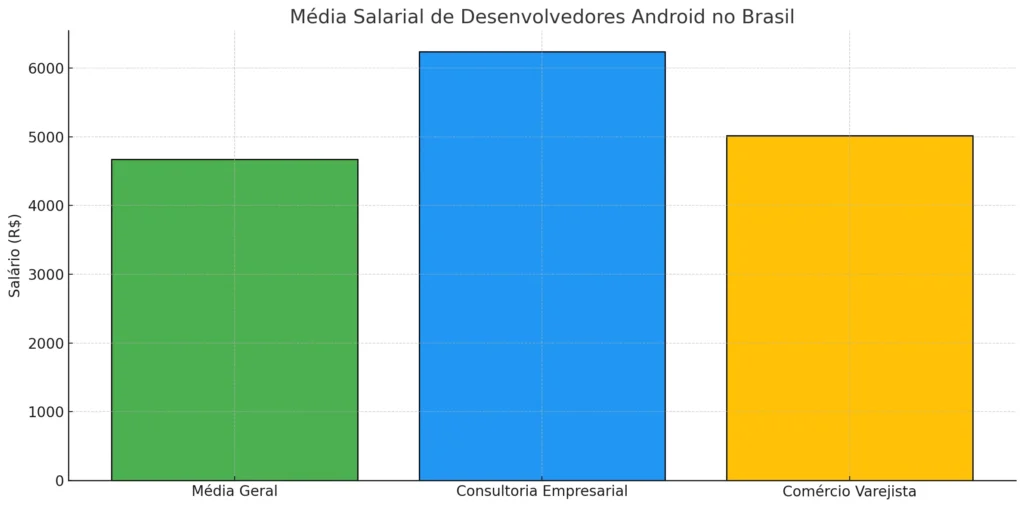
Now that you know what it takes to become an Android developer, It's natural to wonder how much this professional can earn.
Salaries vary depending on factors such as experience, geographic location and the hiring company.
According to data provided by the website Vagas.com, the average salary for Android developers in Brazil is R$4.670, but experienced professionals can earn more.
Furthermore, the sector in which you work also influences the salary amount.
For example, Android developers who work as business management consultants tend to earn more, with an average of R$6.235.77, while those who work in retail trade receive around R$5,019.80.
Betting on a career as an Android developer is a promising idea that gives you the opportunity to earn a good salary, especially as you gain experience.
With the growing demand for mobile applications, the outlook for Android developers they are very good.
For those who want to enter this field, the search for knowledge and the development of skills are fundamental steps.
Considering that there are several programming languages and tools available, it is important to choose the one that best fits your career goals and objectives.
And remember, With determination and dedication, the possibilities are endless in the area of technology.
Get started now with No-Code
Do you want to take your first steps towards becoming an Android app creator? No-Code Startup helps you! Click here and discover the six best programming courses in Brazil to become a expert in the area.
The profession of the moment:

